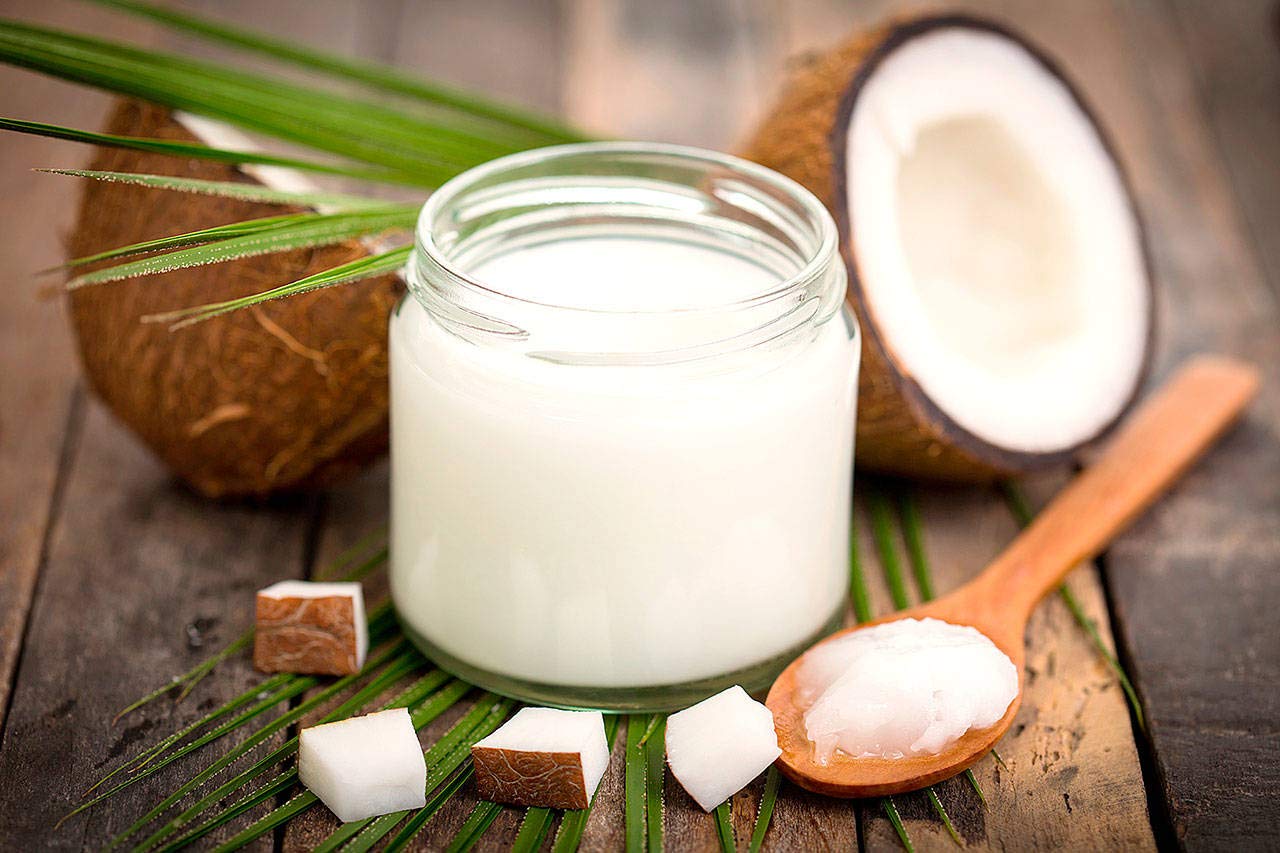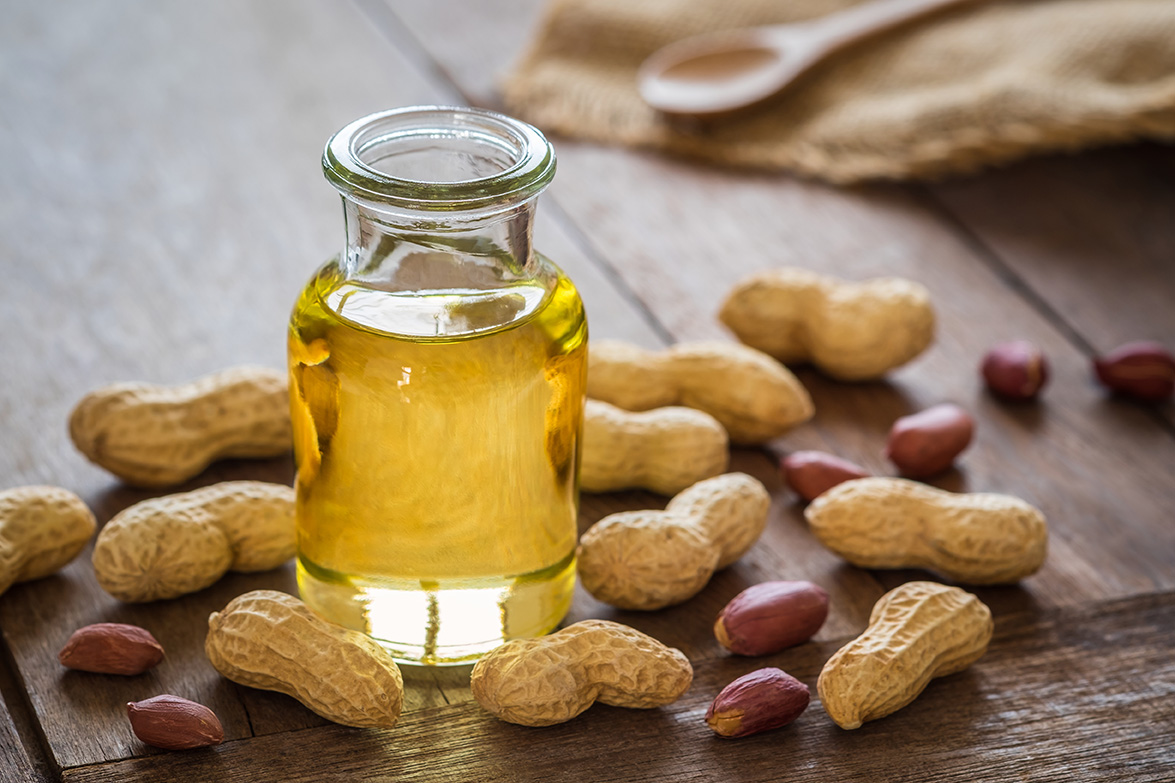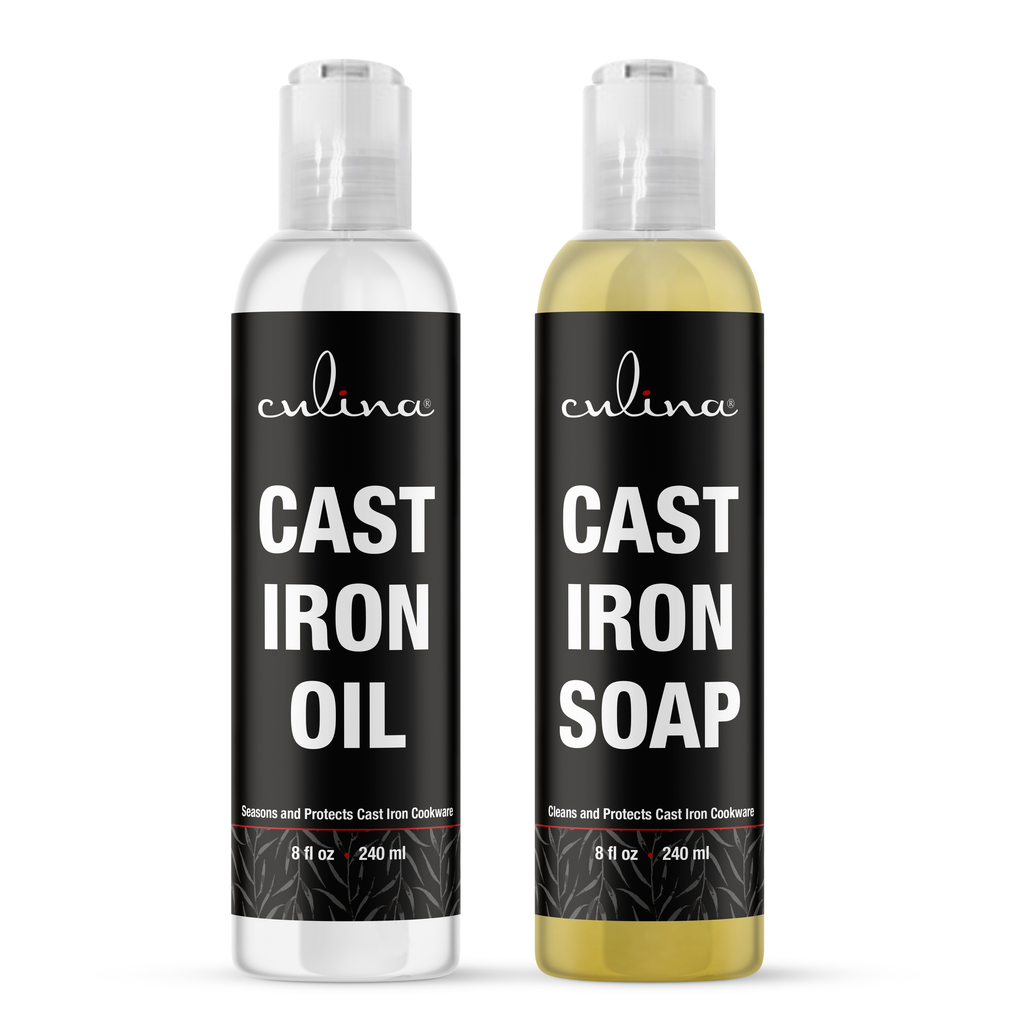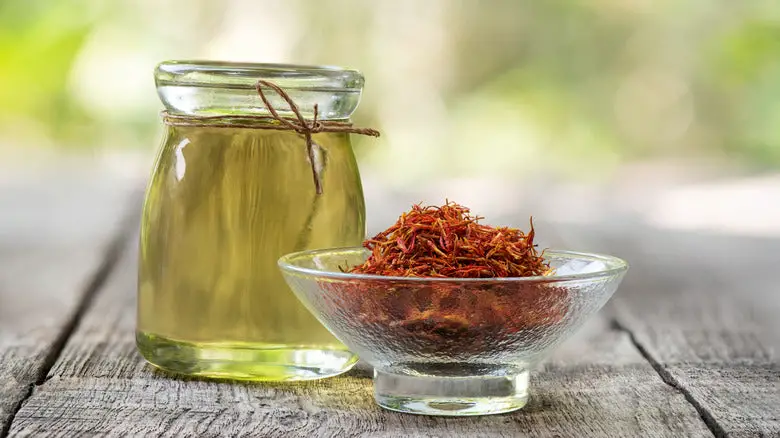Why Is Canola Oil Bad for You? Buzz Around This Oil
As a beautician, you're likely always on the lookout for ingredients that enhance your craft, while also prioritizing health. One common ingredient in many hair and skincare products is canola oil. You might be asking yourself, why is canola oil bad for you? While its often viewed as a healthier alternative to other oils, canola oil has several less favorable properties that can surprise you.
Canola oil is derived from the seeds of the canola plant, which is a type of rapeseed designed for human consumption. Used in everything from frying to moisturizing lotions, its versatility makes it a kitchen staple and a common inclusion in beauty products. However, understanding its potential drawbacks is essential for a beautician dedicated to providing the best for their clients.

The Process of Making Canola Oil
Before diving into the health implications, its crucial to know how canola oil is made. The process typically involves refining, bleaching, and deodorizing the oil, which can strip it of its nutrients, leaving behind a product that's not as beneficial as people think. Additionally, much of the canola oil produced today is derived from genetically modified organisms (GMOs), which can have implications for health.

1. High in Omega-6 Fatty Acids
Canola oil contains a considerable amount of omega-6 fatty acids. While these are essential to our diet in moderation, they can lead to an imbalance when consumed in excess. A diet high in omega-6 fatty acids can promote inflammation, contributing to various health issues such as heart disease and obesity. Keeping this in mind, it is essential for beauticians to advocate for balanced dietary choices to maintain both physical health and skin integrity.
Health Impacts of Omega-6 Fatty Acids
The body requires omega-6 fatty acids, but the modern diet often contains too much. Inflammatory conditions can affect not just overall well-being, but they can also manifest through skin problems such as acne or eczema. Therefore, its wise to advise your clients to opt for oils that are richer in omega-3 fatty acids like flaxseed oil or walnut oil.

2. Contamination Risks
Another significant concern is the potential for contamination in canola oil. Most canola oil is derived from industrial farming practices and may come into contact with pesticides and herbicides. These chemicals can be harmful to your health, posing a risk to both beauticians and their clients if they're absorbed through the skin. Therefore, promoting organic alternatives is essential in your practice.
Choosing Organic Oils
Encouraging the use of organic oils can mitigate these risks. Organic oils are produced without harmful sprays, ensuring a cleaner product. Besides canola, alternatives such as coconut oil or avocado oil are great for skin and hair care practices.

3. Possible Allergens
Canola oil can also trigger allergies in some individuals. Symptoms may include skin irritation or gastrointestinal distress. As a beautician, understanding this can help you make informed decisions regarding the products you use and recommend. Pay attention to your clients reactions to products that contain canola, and be prepared to switch to oil alternatives if needed.
The Bottom Line on Canola Oil
In conclusion, while canola oil may seem harmless and even beneficial in some ways, the question why is canola oil bad for you becomes clearer when considering its composition and the way its processed. Although it has its uses, it's crucial to be cautious and aware of its potential downsides.
It's advisable to educate clients about the possible adverse effects of canola oil and recommend healthier substitutes. Consider products containing olive oil or oils enriched with omega-3 fatty acids. Make it a point to introduce them to the benefits of alternatives like coconut oil, known for its moisturizing properties, and even argan oil for hair care.
Frequently Asked Questions
1. Is canola oil safe for cooking?
While its commonly used, moderation is key. Look for alternatives rich in omega-3s for a healthier option.
2. What are better oil alternatives?
Consider using extra virgin olive oil, avocado oil, or coconut oil, which tend to be healthier choices.
3. Can canola oil be beneficial?
It can in small amounts, but it's vital to balance with other oils to benefit from their unique properties.
As an Amazon Associate, I earn from qualifying purchases.

